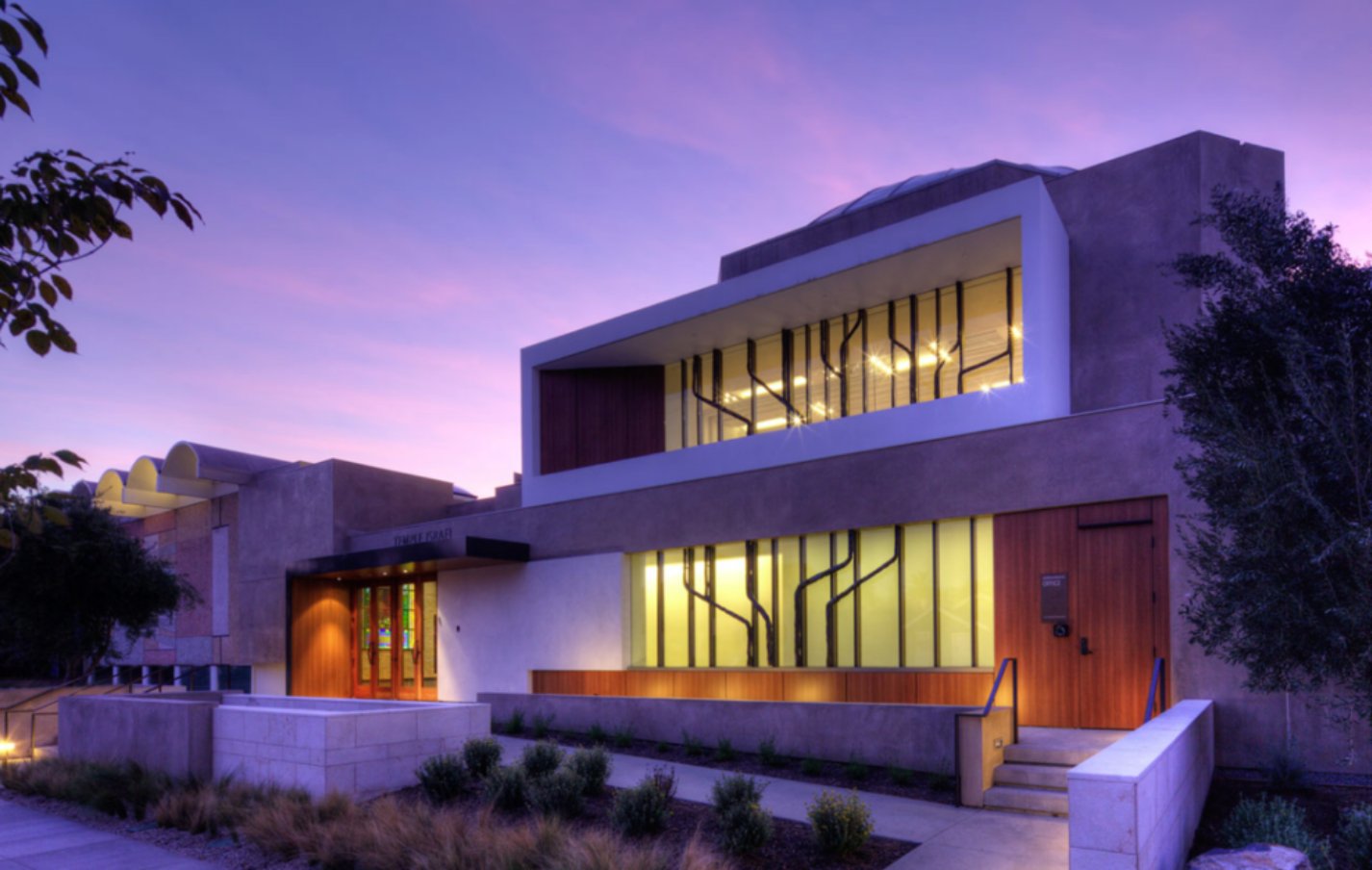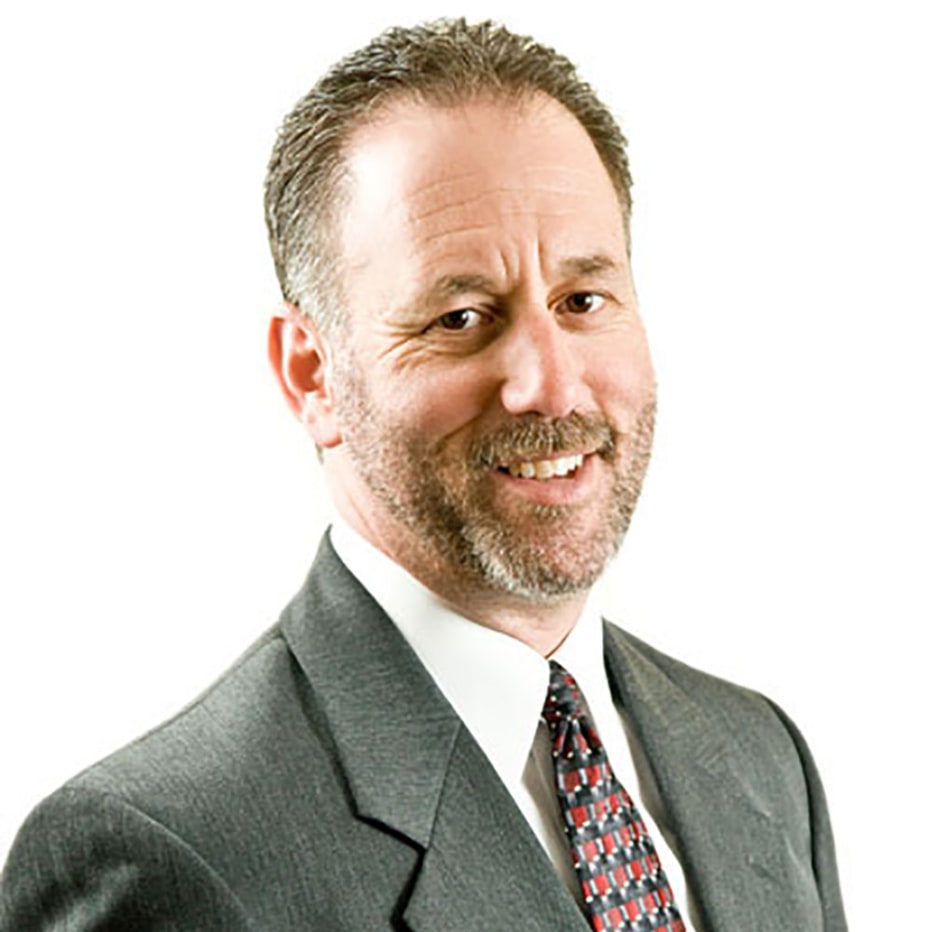
News

It’s Not the Same
September 18, 2020
For me, the rumbling usually starts around 2:00 in the afternoon. That’s the time when I’ve typically left one of the forums and am on my way to the Family Service. I can almost set my watch by it. And when it does begin, I usually smile, because I know it’s coming. The rumbling I’m referring to is in my stomach, and it’s making itself known because I haven’t eaten anything all day. The day of course, is Yom Kippur. When our friend Tevia, speaks of “tradition,” I wonder if he also means the hunger we feel during our fasting on the Day of Atonement. Or the exhaustion that is on its way.
With September upon us, the High Holy Days are just around the corner. Arrangements are being made, services are being planned, and details are being fine-tuned. This year, the Days of Awe will be unlike anything most of us have ever experienced. As I write this, our clergy and professional staff are working hard to bring us the most meaningful and fulfilling spiritual experiences that they can.
The High Holy Days means different things to different people. I cannot speak for anyone else. I can only share my own experiences. And as odd as this sounds, part of the meaning of Yom Kippur for me comes with the hunger and fatigue that builds upon itself as the day goes on. I don’t consider myself an overly spiritual person. I’ve never been successful at meditation (the last time I tried to meditate, I knew it wasn’t for me when I kept wondering what the Dodger score was). But yet, as Yom Kippur winds its way from morning into afternoon, and then into early evening, I find myself transforming, getting into a zone. Many of the prayers we chant are repeated multiple times over the last few hours of the day. And for me, it’s the repeating of those same prayers that keeps me in what I suppose, is a meditative state. Being exhausted and famished are necessary parts of the experience. The culmination comes during Havdalah, when I have my arms around friends, and they have their arms around me, and together, we are singing the Shanah Tovah version of Shavua Tov, wishing each other a good year. I know with absolute certainty that my experience would not be the same if I was rested and sated.
Everyone has their own traditions, experiences, and what they find to be meaningful. And I suspect, there are very few of you out there who would call attending a Zoom service their preferred way of worship. So, what do we do about that?
Starting with Erev Rosh Hashanah, and continuing through Kol Nidre and into Yom Kippur, if we look at this from the outside in, we will see computer monitors, living room carpet, and the bag of trash that needs to be taken out. If, however, we view this from the inside out, I firmly believe we can find our own spirituality in whatever form that takes. It won’t be easy. That bag of trash is only one of many items on a list of responsibilities that will be calling to us. Like every year, our world doesn’t stop just because it’s the High Holy Days. There are so many things that occupy space in our thoughts; work and household obligations, family activities, as well as a myriad of other forces that bombard us daily.
One of the functions of driving to synagogue, entering the building, and interacting with our family and friends, is to allow us to escape from those responsibilities that we know will be waiting for when we return. When we switch over into “observance mode,” it’s almost as if we are giving ourselves permission to put everything else on hold, at least until the services are completed. When I feel the inevitable hunger creeping up on me, it’s much easier to dismiss when there is nothing to eat within reach. The question I don’t yet know the answer to is, will I be disciplined enough to not eat the leftover brisket that’s calling out to me from the next room.
I titled this article, “It’s Not The Same,” for obvious reasons. But the other question that occurs to me is, can it be what we need it, or want it to be? Can the prayers, and the music, and the feelings of community, still bring us to a place where we can find meaning? The answer, I believe, is yes it can. But for that to happen, it will require acceptance and commitment. For me, I am still struggling with the changes all of us are forced into as a result of this pandemic. There are so many parts of our lives that have been affected by the current environment. In addition to how we pray, our work responsibilities, family lives, as well as recreational activities are all compromised in some fashion, preventing us from being able to live as we choose. So, before I even get close to a successful period of worship, I must come to terms with this and accept where we are.
Once I can do that, and frankly, I do not know to what degree I will be successful, I then need to commit to fully participating in the processes that are being made available to me. That includes standing at the appropriate times, singing when it is time to do so (at least I won’t be offending as many folks as I usually do), and resisting the temptation to stop the stomach gurgling. It is only with adherence to ritual, will I be able to get to where I want to be.
My hope is that all of us achieve the inner peace that comes from observance, prayer, and worship, in whatever form that takes.
Shanah Tovah